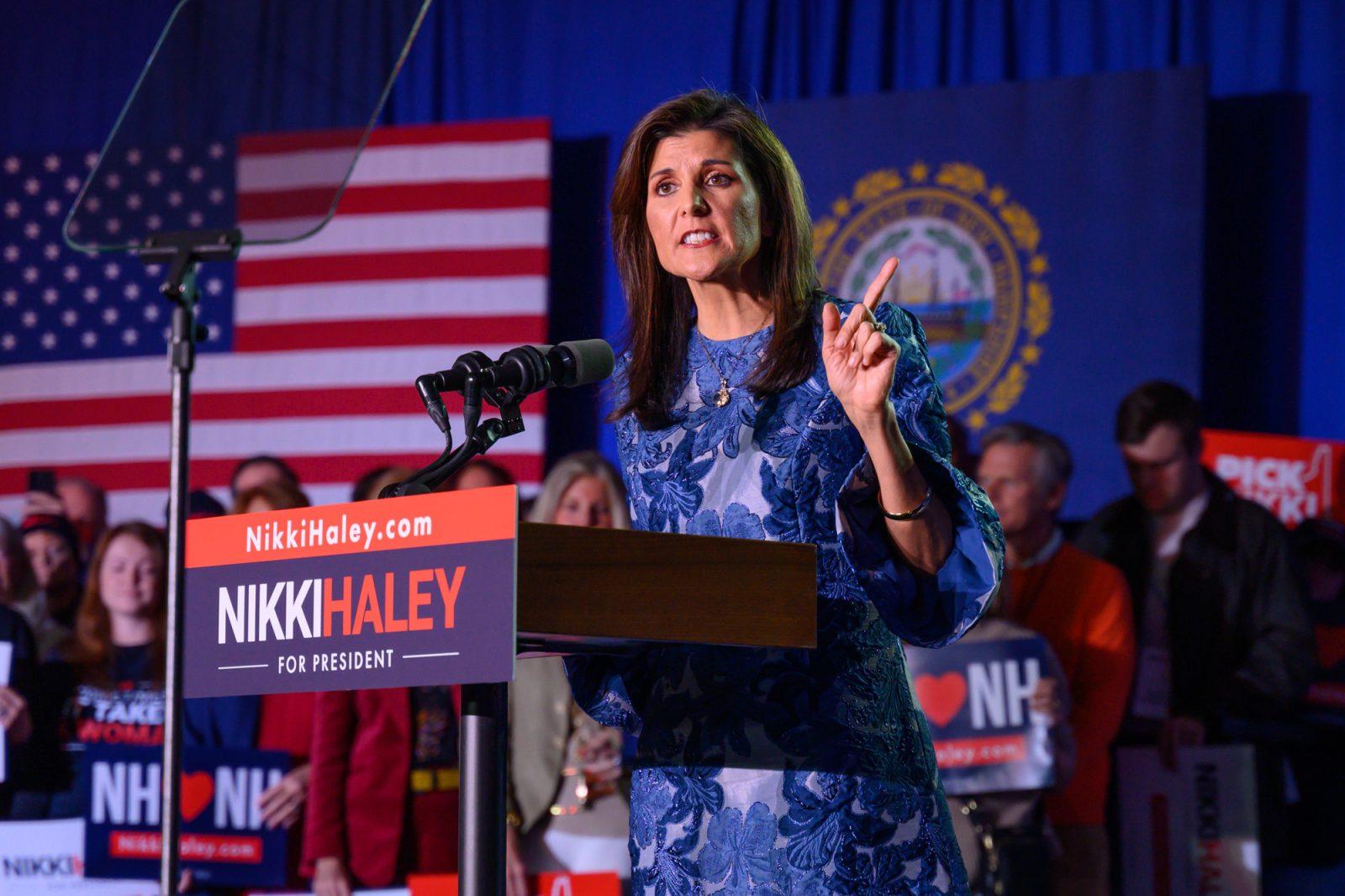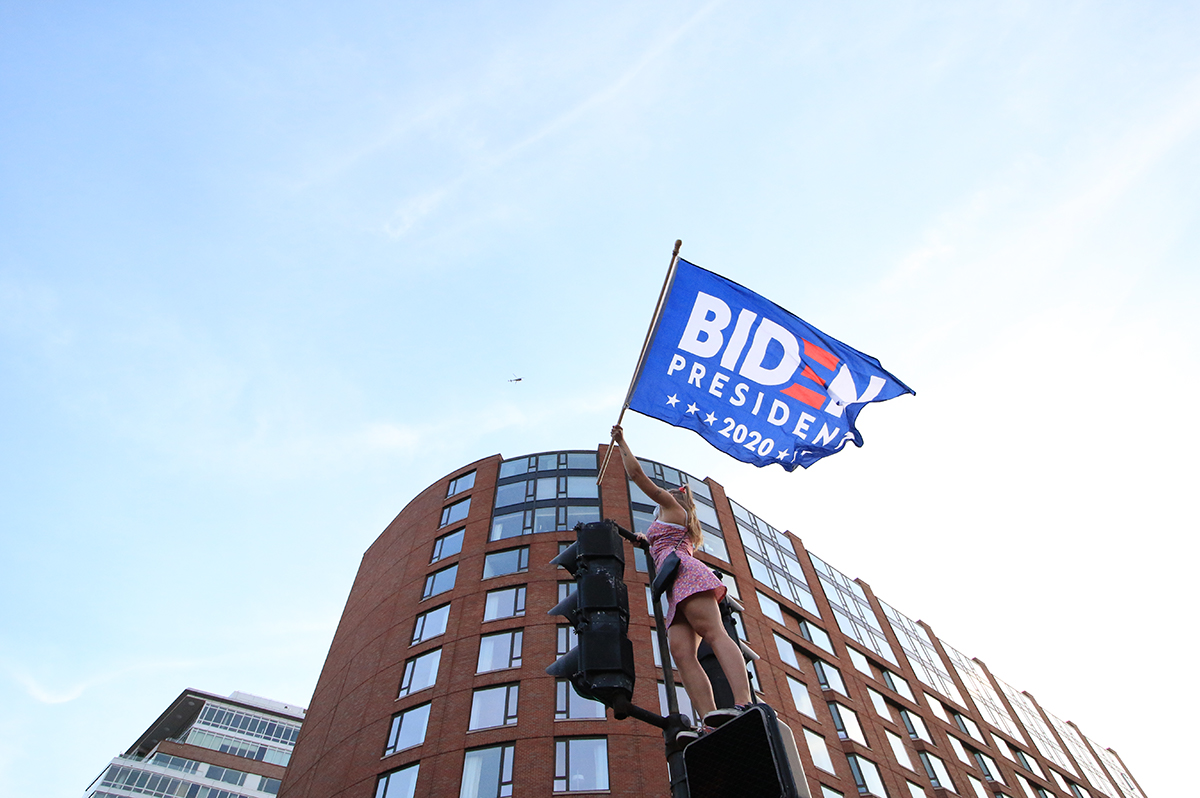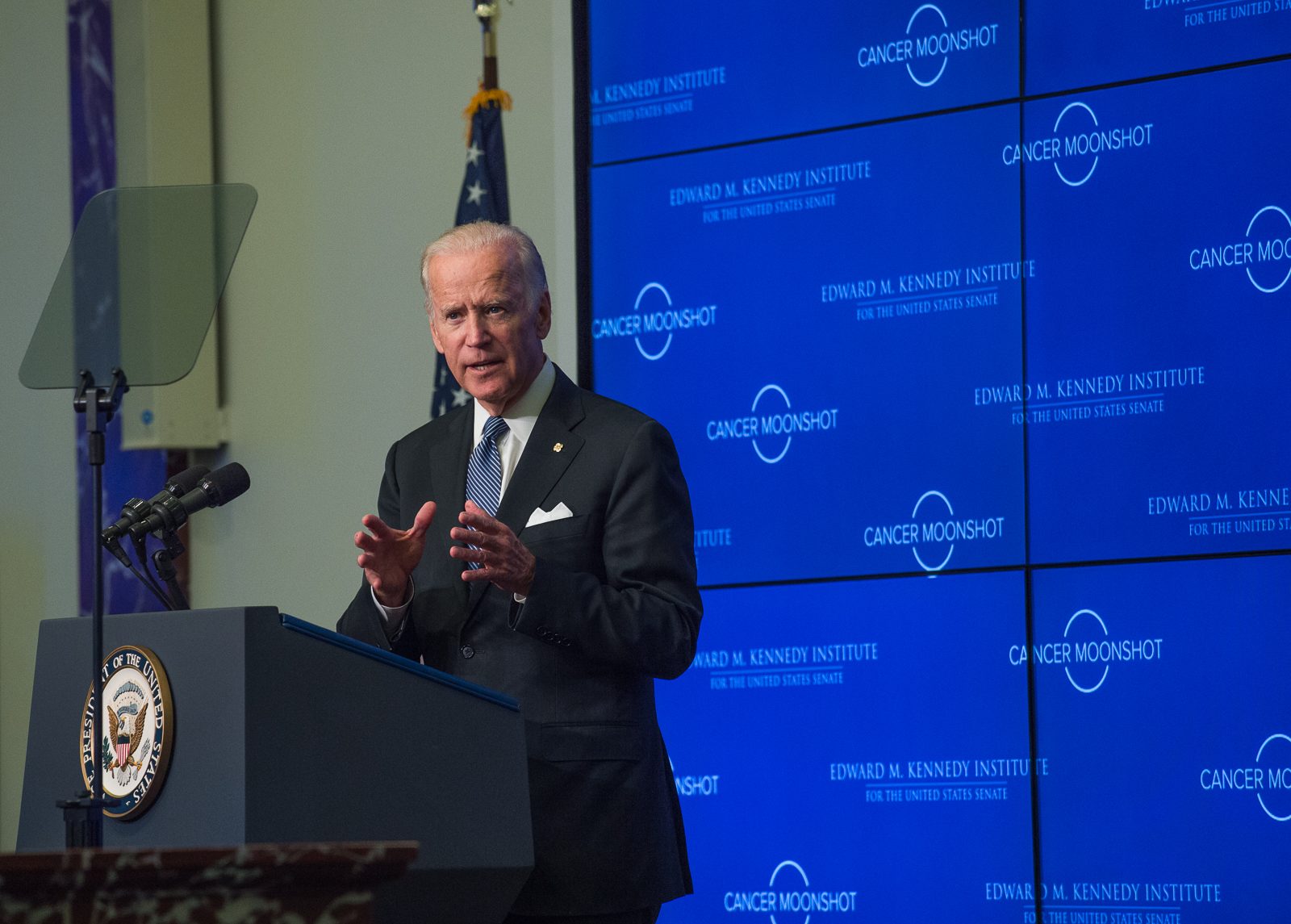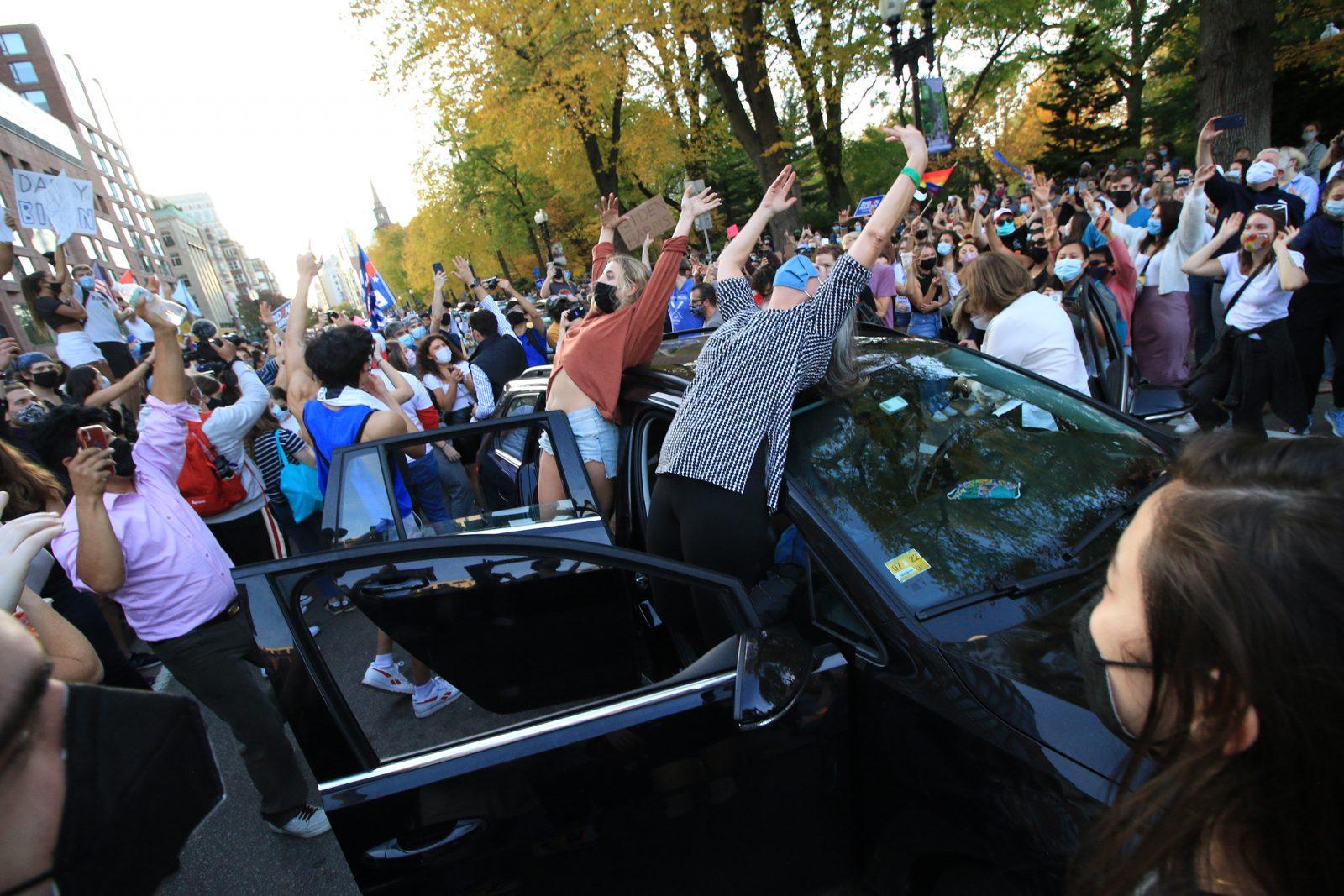While Republican presidential candidate Mitt Romney’s 2011 tax returns add heat to the presidential elections, experts and tax policy advocates said it also points to overarching problems with the tax system.
Romney’s 2011 tax returns, which he released on Sep. 21, showed that he and his wife, Ann, have an effective tax rate of 14.1 percent.
President Barack Obama and First Lady Michelle Obama’s 2011 tax returns, which they released in mid-April, showed that they pay an effective federal tax income rate of 20.5 percent.
Paul Beecy, a tax partner at Grant Thorton LLP in Boston, said different sources of income are taxed at different rates.
“Ordinary income, which includes wages, are generally taxed-based on graduated income tax rates and can reach 35 percent,” he said. “Long-term capital gains are taxed at a much lower rate of 15 percent.”
Beecy said the government puts a lower rate on capital gains to encourage long-term investments.
Rebecca Wilkins, the senior counsel for federal tax policy at Citizens for Tax Justice, a non-profit that advocates fair taxes for the middle class, said Romney “benefits more than anything from the lower rate on investment income that the tax code imposes.”
The primary reason for Romney’s effective tax rate of 14 percent is because income from investments is taxed at a much lower rate than taxes from work, Wilkins said.
But Obama has a higher effective tax rate because the majority of his income is from work, his salary and book royalties, which are taxed at the ordinary income tax rate, Wilkins said.
“Even though Romney makes a lot more money than the President, he’s paying a lower rate,” Wilkins said.
Romney also did not claim all of his charitable contributions in his tax return, news outlets reported—a move Wilkins said the Romney campaign did to keep his rate above 13 percent.
“If he had claimed all the charitable contributions that he made last year, his effective rate would have only been about 10.5 percent,” she said.
Romney said earlier in the year to various news outlets that he had never paid less than a 13 percent tax rate.
Douglas Kriner, an associate political science professor at Boston University, said Romney’s tax return is a mixed issue.
“On one hand, when you look at a copy of the return, the thing you’re struck by is just how thick the return is,” he said. “[But Romney] gives a lot of money to charity, and it’s hard to criticize him on that.”
Tim Buckley, communications director for the Massachusetts Republican Party, said in an email that Romney’s donations must be considered with his tax returns.
“Governor Romney has a lifelong history of charitable giving,” he said. “This is a testament to his character, his faith and his commitment to his community and his county.”
Aside from adding heat to the presidential campaign, some experts suggested that Romney’s records might point to the country’s overarching tax issue.
“The fact that [Romney’s] paying such a low rate for such a rich person says something about the regressivity of the tax system,” said Laurence Kotlikoff, an economics professor at BU.
Wilkins said the real takeaway from Romney’s 2010 and 2011 returns is that the country has a federal income tax system that is rigged in favor of the rich.
“They just play by a different set of rules,” she said. “If you look at the details of his tax return, you can see a lot of tax planning transactions in it.”
Wilkins said Romney’s 2011 tax returns will not have a major impact on his campaign because they were not too different from his 2010 returns released in January.
However, Wilkins said she hopes that Romney’s returns will spark another conversation.
“What our hope is, certainly, that conversations shift from talking about his personal tax returns to talking about what his tax policy would be,” she said.
Wilkins said Romney’s tax proposal would not change the lower capital gains tax rate, which benefits the top 1 percent.
“From our perspective, what’s really important is what tax policy he would pursue if he was elected,” she said, “and I think his tax returns give us a little insight into that.”
Obama aims to reform the tax system to have wealthier families paying more, while preventing families whose income is less than $250,000 from rising taxes, according to the tax return posted on The White House blog.
“We need a tax reform that’s going to raise a fair and progressive system,” Kotlikoff said. “We don’t have one, so we need a radical tax reform.”
But Buckley said Romney’s plan would reduce taxes by 20 percent for middle-class Americans.
“These savings are desperately needed when the cost of gas, groceries and other daily necessities continue to skyrocket under President Obama,” he said.





























































































































Logiciel de sondage, enquête et questionnaire en ligne gratuit evalandgo • Feb 5, 2013 at 8:32 am
Hello my friend! I want to say that this article is amazing, great written and include approximately all significant infos. I’d like to see more posts like this .